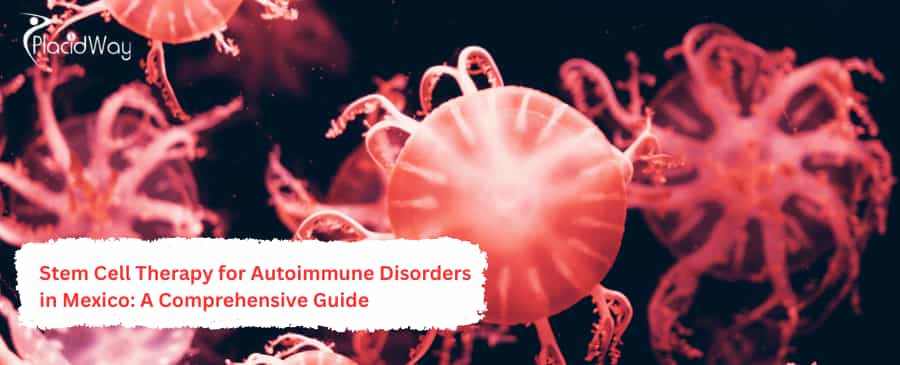
Stem cell therapy for autoimmune disorders is rapidly becoming a key focus of regenerative medicine, offering patients who have exhausted traditional treatments a new path toward sustained remission and improved quality of life. Mexico has emerged as a globally recognized hub for these advanced, legally accessible treatments, primarily due to its combination of high-quality medical expertise and significant cost advantages.
Key Takeaways
-
Stem cell therapy, particularly using Mesenchymal Stem Cells (MSCs), aims to reset or modulate the immune system rather than just suppress symptoms, offering the potential for long-term remission in chronic autoimmune diseases.
-
Patients seeking autoimmune disorder stem cell Mexico treatment can typically expect to save 60% to 80% compared to receiving similar protocols in the United States or Canada.
-
The legal environment in Mexico, regulated by COFEPRIS, often allows for quicker access to cutting-edge stem cell protocols, including high-dose MSC infusions, compared to more restrictive Western nations.
|
Treatment Cost Comparison |
Average Price Range (USD) |
|---|---|
|
Stem Cell Therapy for Autoimmune Disease in Mexico |
$6,000 – $15,000 |
|
Stem Cell Therapy in Turkey |
$8,000 – $18,000 |
|
Stem Cell Therapy in Korea (Selective Trials) |
$15,000 – $30,000 |
|
Stem Cell Therapy in US/Canada (Non-Trial) |
$25,000 – $50,000+ |
Understanding Autoimmune Disorders and Stem Cell Therapy
Autoimmune diseases result from the immune system mistakenly attacking healthy body tissues; stem cell therapy aims to halt this self-attack by modulating the immune response and promoting tissue repair.
Autoimmune disorders are a complex group of chronic conditions where the body's defensive system, the immune system, misfires and begins attacking its own organs, tissues, and cells. Common examples include Multiple Sclerosis (MS), Systemic Lupus Erythematosus (SLE), and Rheumatoid Arthritis (RA). Traditional treatments typically involve lifelong immunosuppressant drugs, which can carry severe side effects and often only manage, rather than cure, the disease.
The Role of Mesenchymal Stem Cells (MSCs)
The most commonly used type of cell in stem cell therapy Mexico for autoimmune conditions are Mesenchymal Stem Cells (MSCs). These cells, often derived from umbilical cord tissue (Allogeneic) or the patient’s own fat tissue (Autologous), are highly valued for two primary properties:
-
Immunomodulation: MSCs can communicate with the immune system, instructing the overactive immune cells (like Th1 and Th17 cells) to quiet down, while encouraging the growth of regulatory T cells (Tregs). This process effectively "resets" or re-educates the immune system to stop attacking the body.
-
Tissue Repair and Regeneration: By releasing powerful anti-inflammatory agents and growth factors, MSCs travel to areas of inflammation and damage (a phenomenon called "homing"). Once there, they help repair the damage caused by the chronic autoimmune attacks, such as myelin sheath destruction in MS or joint erosion in RA.
Expert Insight: A Paradigm Shift
"The beauty of using regenerative medicine for autoimmune conditions is that we are shifting the focus from mere symptom suppression—which can leave patients vulnerable to infection—to deep, fundamental immune tolerance. We are helping the body heal itself, which can lead to longer and more profound periods of remission."
Stem Cell Therapy Procedures in Mexico
The procedure usually involves an intravenous (IV) infusion of high-quality, high-dose stem cells (often MSCs) in a certified clinic, typically taking place over one to five days depending on the specific autoimmune condition and protocol.
The exact protocol for stem cell treatment Cancun Mexico will be customized to the patient's specific diagnosis, disease severity, and overall health. However, the general process typically follows these structured steps:
-
Initial Consultation and Screening: Comprehensive review of the patient's medical history, recent lab tests (CBC, inflammatory markers), and imaging. This ensures the patient is an eligible candidate for the specific high-cell-count protocols used in many Tijuana Mexico stem cell clinics.
-
Cell Sourcing and Preparation:
-
Allogeneic (Donor) Cells: The most common approach for systemic autoimmune diseases. Cells are sourced ethically from screened umbilical cord tissue donors and expanded in GMP-certified laboratories to reach the necessary cell count (cell dosage).
-
Autologous (Patient's Own) Cells: Used less frequently for systemic conditions, but may be used for localized joint damage. Cells are typically harvested from the patient's adipose (fat) tissue or bone marrow.
-
-
Administration: The highly concentrated stem cell solution is administered, most often via:
-
Intravenous (IV) Infusion: Allows the cells to circulate throughout the body and target systemic inflammation. This is the primary route for Lupus and Rheumatoid Arthritis patients.
-
Intrathecal Injection: Used primarily for neurological conditions like Multiple Sclerosis (MS) to deliver cells directly into the cerebrospinal fluid, bypassing the blood-brain barrier.
-
Did You Know?
Mexico’s COFEPRIS (Comisión Federal para la Protección contra Riesgos Sanitarios) regulates and licenses stem cell banks and clinics. Many clinics in major medical hubs like Guadalajara and Mexico City maintain international certifications, adhering to quality standards often on par with European and North American facilities.
Candidacy and Eligibility for Treatment
While many autoimmune conditions can potentially benefit from stem cell therapy, candidates must usually have refractory disease (unresponsive to standard treatments) and meet specific health criteria to ensure safety and maximize efficacy.
Stem cell therapy is not a one-size-fits-all solution. The best candidates for stem cell therapy for MS in Mexico or other autoimmune conditions are typically those who:
-
Have Refractory Disease: Their condition has not adequately responded to standard immunosuppressive drugs or biologic therapies.
-
Exhibit Continued Inflammation: The disease remains active, shown by clinical symptoms or elevated inflammatory markers (e.g., C-reactive protein).
-
Are Medically Stable: Patients should be free of severe, uncontrolled infections, and organ damage should not be too advanced to benefit from regeneration.
-
Targeted Conditions: High-volume clinical applications focus on:
-
Multiple Sclerosis (MS): Especially relapsing-remitting or early secondary progressive forms.
-
Systemic Lupus Erythematosus (SLE): Particularly those with lupus nephritis (kidney inflammation).
-
Rheumatoid Arthritis (RA): Cases with persistent joint inflammation and damage.
-
Crohn's Disease / Ulcerative Colitis (IBD): For modulating gut inflammation.
-
Systemic Sclerosis (Scleroderma): To address fibrosis and skin hardening.
-
The Cost of Autoimmune Stem Cell Therapy
The cost of stem cell treatment for autoimmune diseases in Mexico typically ranges from $6,000 to $15,000, representing immense savings due to lower operational costs without compromising the quality of the cell preparation or the expertise of the medical specialists.
The price is influenced heavily by the specific protocol, the required stem cell dosage (measured in millions of cells), and the source of the cells. Treatments for highly complex neurological disorders like MS tend to fall toward the higher end of the range due to the need for specific, highly concentrated cell lines and often multiple routes of administration (IV and intrathecal).
The reason stem cell treatment cost Mexico City and other locations is so attractive is the low overhead and absence of the complex fee structures found in the U.S. healthcare system.
|
Treatment |
Average Cost in Mexico (USD) |
Estimated U.S. Cost (USD) |
Potential Savings |
|---|---|---|---|
|
Lupus / Rheumatoid Arthritis Protocol |
$7,000 – $10,000 |
$25,000 – $50,000 |
70% |
|
Multiple Sclerosis (MS) Protocol |
$12,000 – $20,000 |
$50,000 – $120,000 |
75%+ |
|
Crohn's Disease / Colitis |
$8,000 – $13,000 |
$30,000 – $60,000 |
70% |
|
Basic Systemic Autoimmune Infusion |
$6,000 – $8,000 |
$20,000 – $40,000 |
65% |
What is Typically Included in a Package:
-
Pre-treatment consultations and bloodwork.
-
The required cell dosage (e.g., 50 million to 300 million MSCs).
-
The administration procedure (IV infusion, injections).
-
Follow-up tele-consultations.
-
Translation services and airport transfers (common in medical tourism Mexico packages).
Recovery, Safety, and Aftercare
Recovery is typically quick, often involving minimal downtime, but adherence to a dedicated aftercare plan focusing on hydration, rest, and nutritional support is essential for maximizing the long-term effectiveness of the regenerative therapy.
Immediate Recovery
The procedure itself is generally non-surgical and minimally invasive. Patients receiving an IV infusion can typically return to their hotel or temporary residence within hours. There may be minor side effects, such as a mild fever, fatigue, or headache, often referred to as a "cytokine release" or mild immune response, which usually resolves within 24 to 48 hours.
Post-Treatment Aftercare
A structured aftercare protocol is crucial for the stem cells to thrive and establish their therapeutic effects. This often includes:
-
Rest and Hydration: Avoiding strenuous activity for the first week and maintaining high water intake.
-
Nutritional Support: Many clinics recommend specific anti-inflammatory diets and supplements to support the body’s healing environment.
-
Medication Adjustments: The treating physician will guide the patient on when and how to potentially reduce or adjust their existing immunosuppressive medications—this is never done abruptly.
-
Long-Term Follow-up: Clinics specializing in stem cell therapy Mexico typically schedule remote follow-ups at 3, 6, and 12 months to monitor progress, track symptom scores, and assess potential need for booster treatments.
Fact and Figures
Studies show that patients with MS who received high-dose Hematopoietic Stem Cell Transplantation (HSCT)—a more intensive form of stem cell therapy often reserved for severe cases—have a five-year progression-free survival rate exceeding 70% in highly specialized centers globally, demonstrating the profound potential of cellular therapy.
Why Choose Mexico for Advanced Stem Cell Treatment?
Mexico, particularly cities like Cancun, Tijuana, and Puerto Vallarta, provides a unique advantage by combining world-class facilities and internationally trained specialists with a progressive regulatory environment and unmatched financial accessibility.
Mexico has solidified its reputation as the leading global destination for regenerative medicine, especially for complex chronic conditions.
Regulatory Advantage (COFEPRIS)
Unlike the strict, time-consuming FDA approval process in the US which classifies most stem cell therapies as unapproved drugs requiring clinical trials, COFEPRIS in Mexico operates with a framework that allows for the legal, regulated application of ethically sourced stem cells (especially allogeneic MSCs) for therapeutic use. This means patients gain access to established, promising protocols years before they become widely available elsewhere.
Specialist Expertise
Many of the top clinics in Mexico are staffed by physicians, researchers, and specialists who received their training in the US, Europe, or Canada. These doctors are dedicated to staying at the forefront of immunomodulation therapy and often collaborate with international research bodies, ensuring the protocols used are modern and evidence-based.
Logistical Convenience for North Americans
For patients traveling from the U.S. and Canada, the travel time to clinics in Tijuana (easily accessible from San Diego), Mexico City, or Cancun is significantly shorter and more convenient than traveling to destinations in Asia or Eastern Europe. This reduces the stress and duration of the medical travel process.
Patient Focus and Care
Mexican clinics are known for their personalized, high-touch patient care models. They often integrate accommodation, transport, and translation into the treatment package, removing the logistical burdens common in traditional healthcare settings and ensuring a comfortable medical tourism experience.
Frequently Asked Questions (FAQ)
Is stem cell therapy for autoimmune diseases permanent?
Stem cell therapy, particularly using MSCs, is generally not considered a permanent cure but aims for long-term, sustained remission by resetting or dampening the immune system’s self-attack. Many patients experience improvements that last for years, though some protocols require periodic booster infusions to maintain the effect of immune tolerance.
Are stem cell treatments in Mexico FDA approved?
The U.S. FDA does not approve stem cell treatments conducted outside the United States. However, in Mexico, these therapies are legal and regulated under the Mexican health authority, COFEPRIS. It is crucial to choose a COFEPRIS-registered clinic to ensure the legality and safety of the procedure.
Which autoimmune disorders show the best response to MSCs?
Conditions involving chronic inflammation and systemic immune dysregulation often show the most promising results. Clinical data supports the use of MSCs for conditions like Multiple Sclerosis (MS), Systemic Lupus Erythematosus (SLE), and Rheumatoid Arthritis (RA) due to the cells’ strong anti-inflammatory and immunomodulatory effects.
How long does it take to see results after stem cell therapy?
While some patients report subtle changes, such as reduced fatigue or pain, within weeks, the full therapeutic effect of stem cells takes time. Since the cells are working to modulate the immune system and repair damaged tissue, significant clinical results are typically assessed between three to six months post-treatment, with maximum improvements often seen at 12 months.
What are the main risks associated with stem cell therapy?
When conducted in a reputable, licensed clinic using banked and screened cells, the major risk is minimal. However, as with any cellular intervention, there are potential side effects, including transient flu-like symptoms immediately after the infusion, and in rare cases, delayed adverse effects related to the immune system. Comprehensive screening minimizes rejection risks with allogeneic MSCs.
Do I need to stop my current medications before the treatment?
You should never stop prescription medications without direct consultation with your treating physician. Your Mexican stem cell specialist will review your current regimen and provide specific instructions on which medications (if any) need to be paused or adjusted before the procedure, especially immunosuppressants or biologics.
Ready to Explore Advanced Autoimmune Treatment Options?
Don't let chronic autoimmune disorders continue to dictate your life. Accessing high-quality, legally regulated stem cell therapy in premier destinations like Tijuana Mexico or Cancun is a straightforward process with the right guidance.
PlacidWay connects you with COFEPRIS-licensed clinics and internationally board-certified specialists who can offer tailored, high-dose protocols that may not be available in your home country.
Request a Free Quote and Consultation Today! Compare certified clinics, review transparent stem cell therapy Mexico price packages, and receive a personalized treatment plan from leading experts in regenerative medicine. Start your journey toward improved health and remission with PlacidWay.


.png)
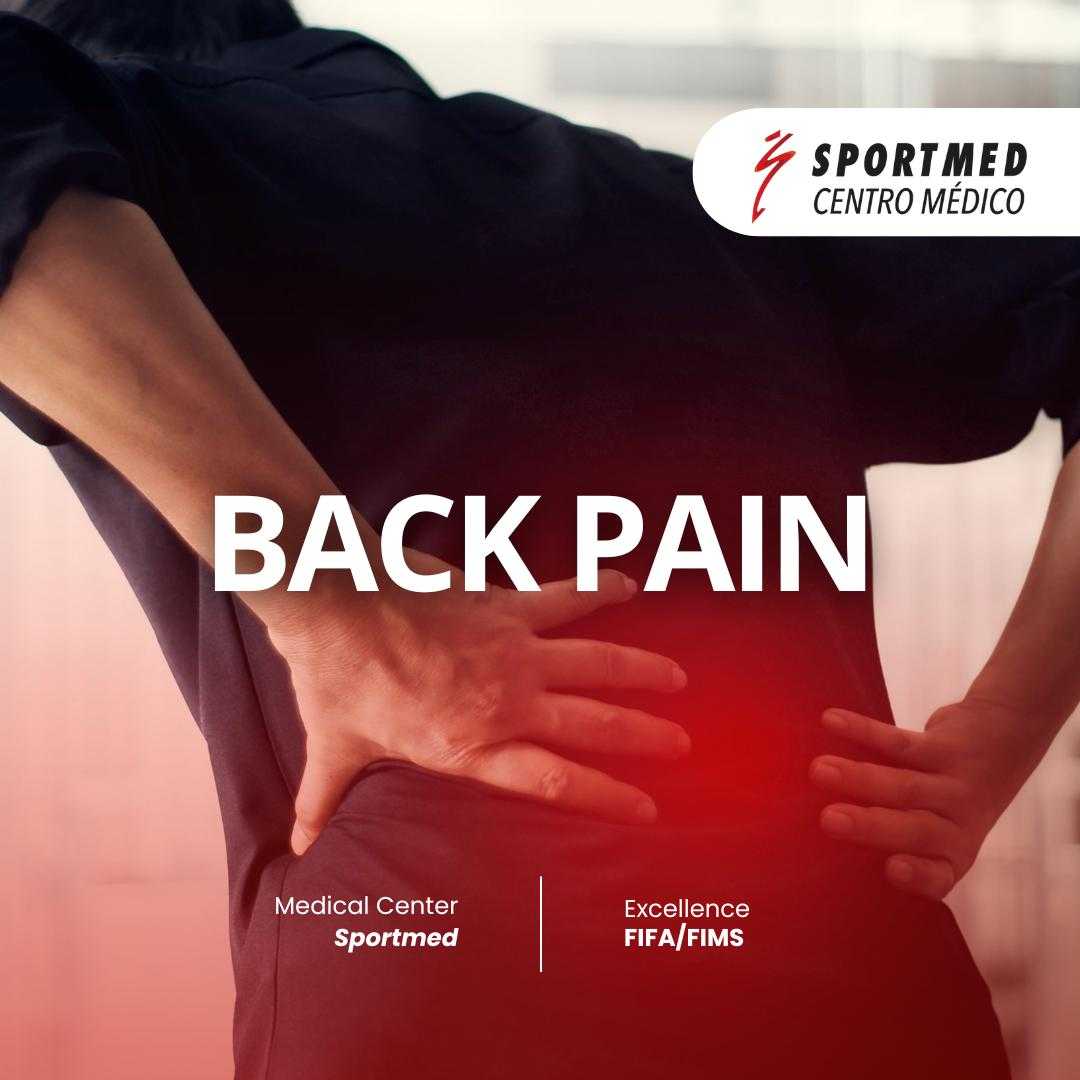
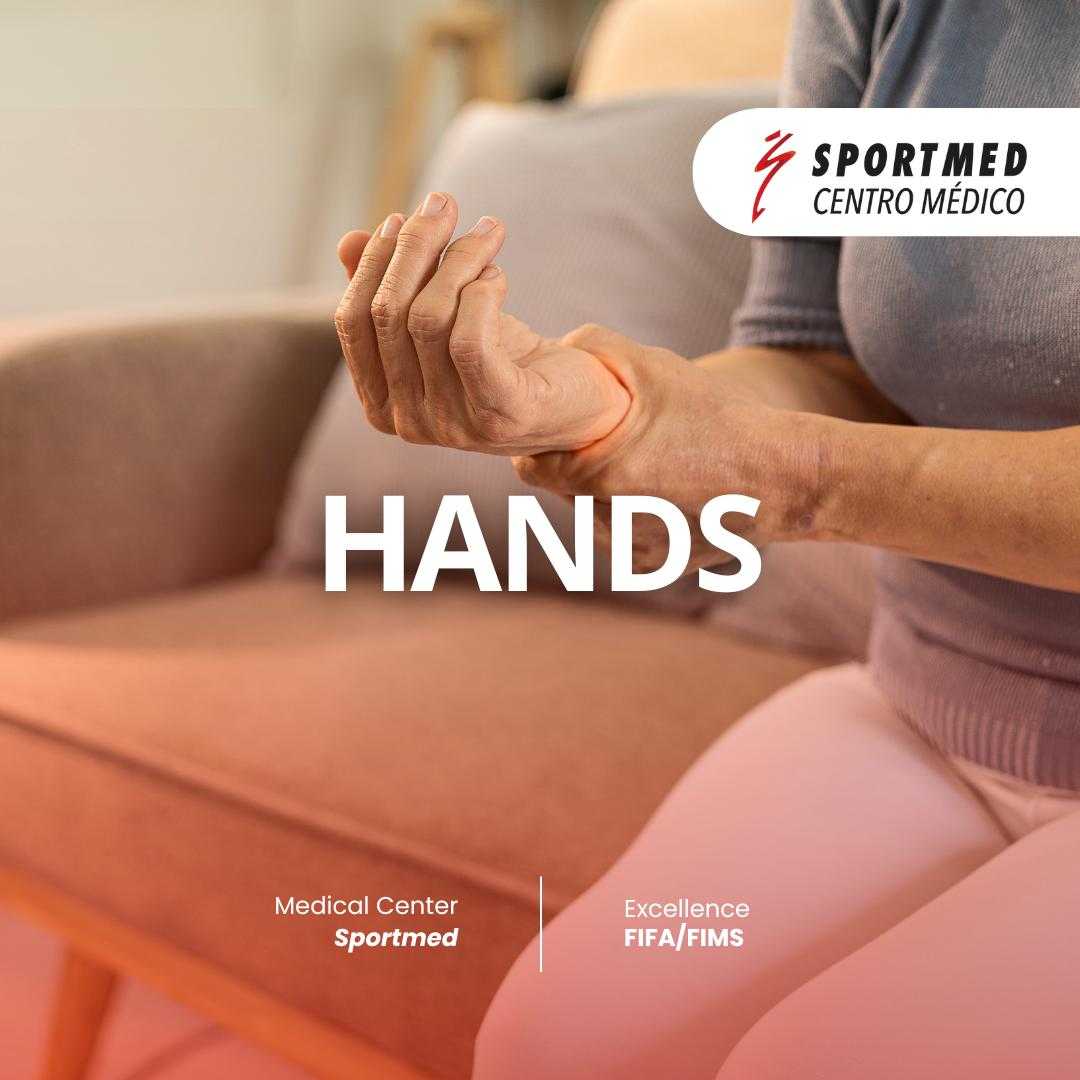
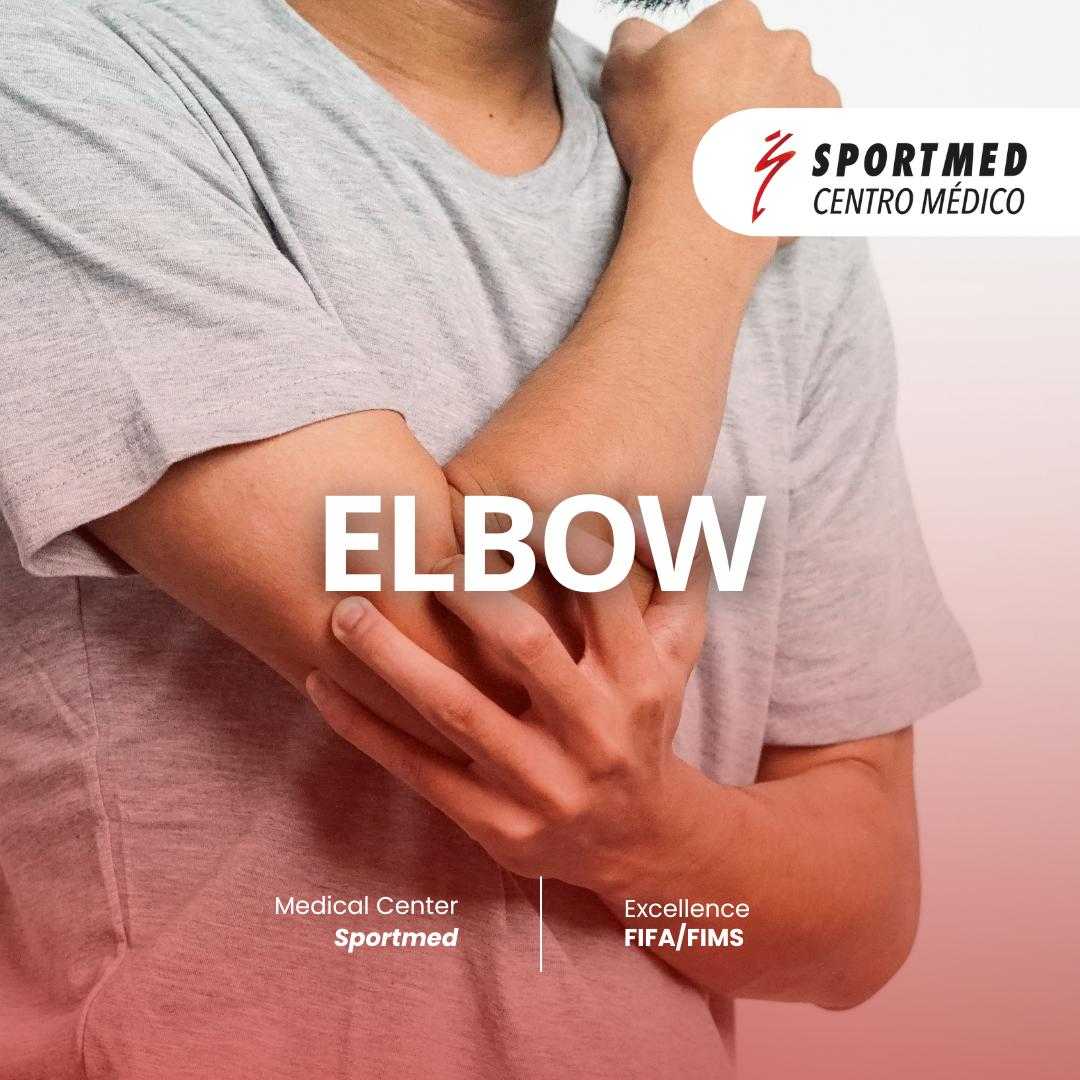
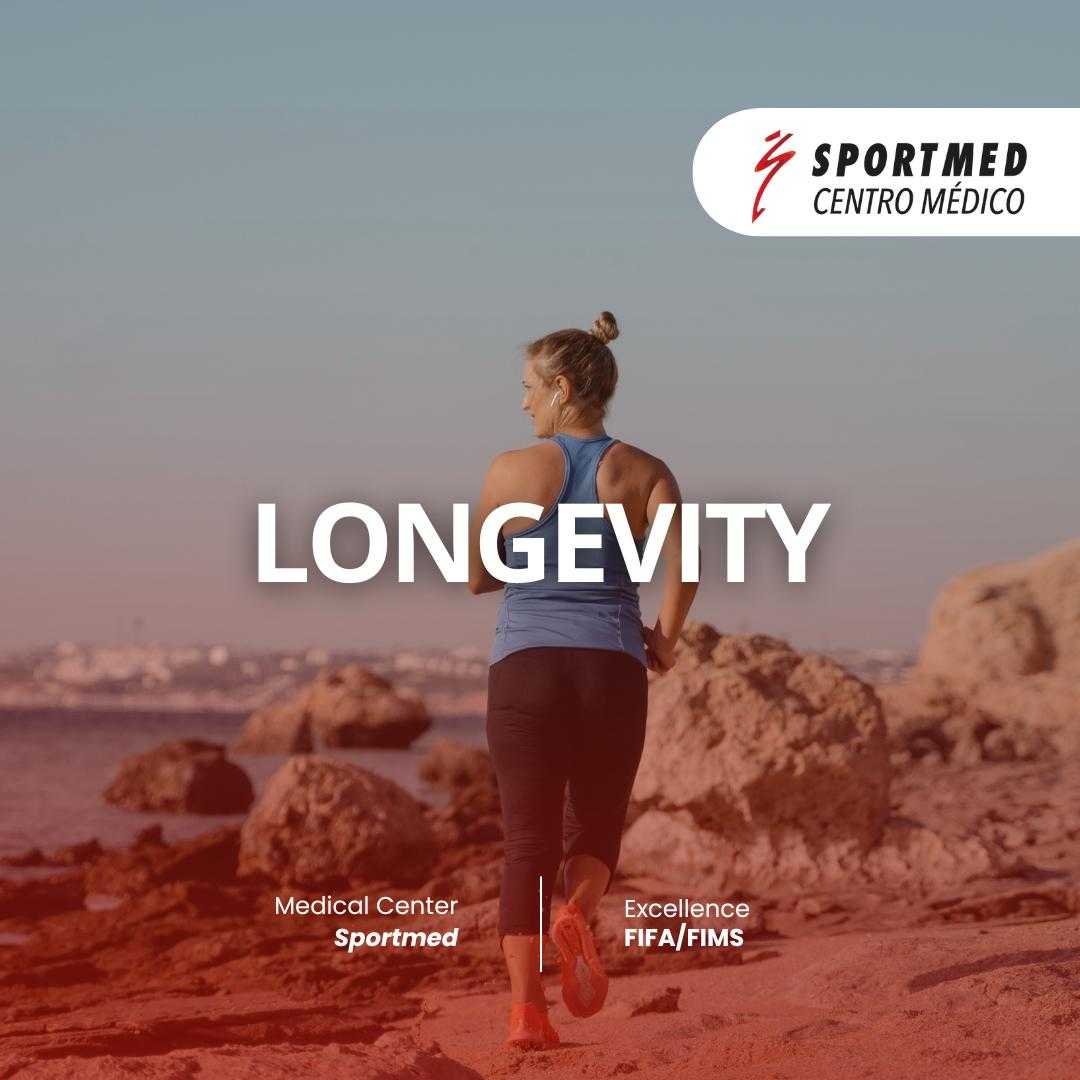
.png)

.png)

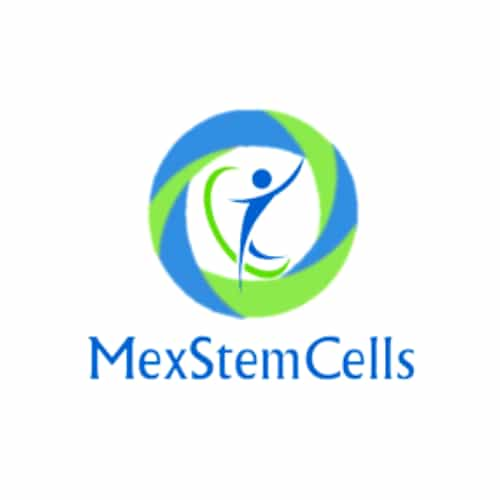
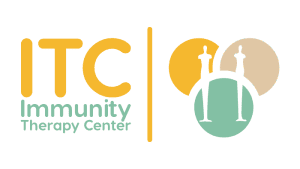
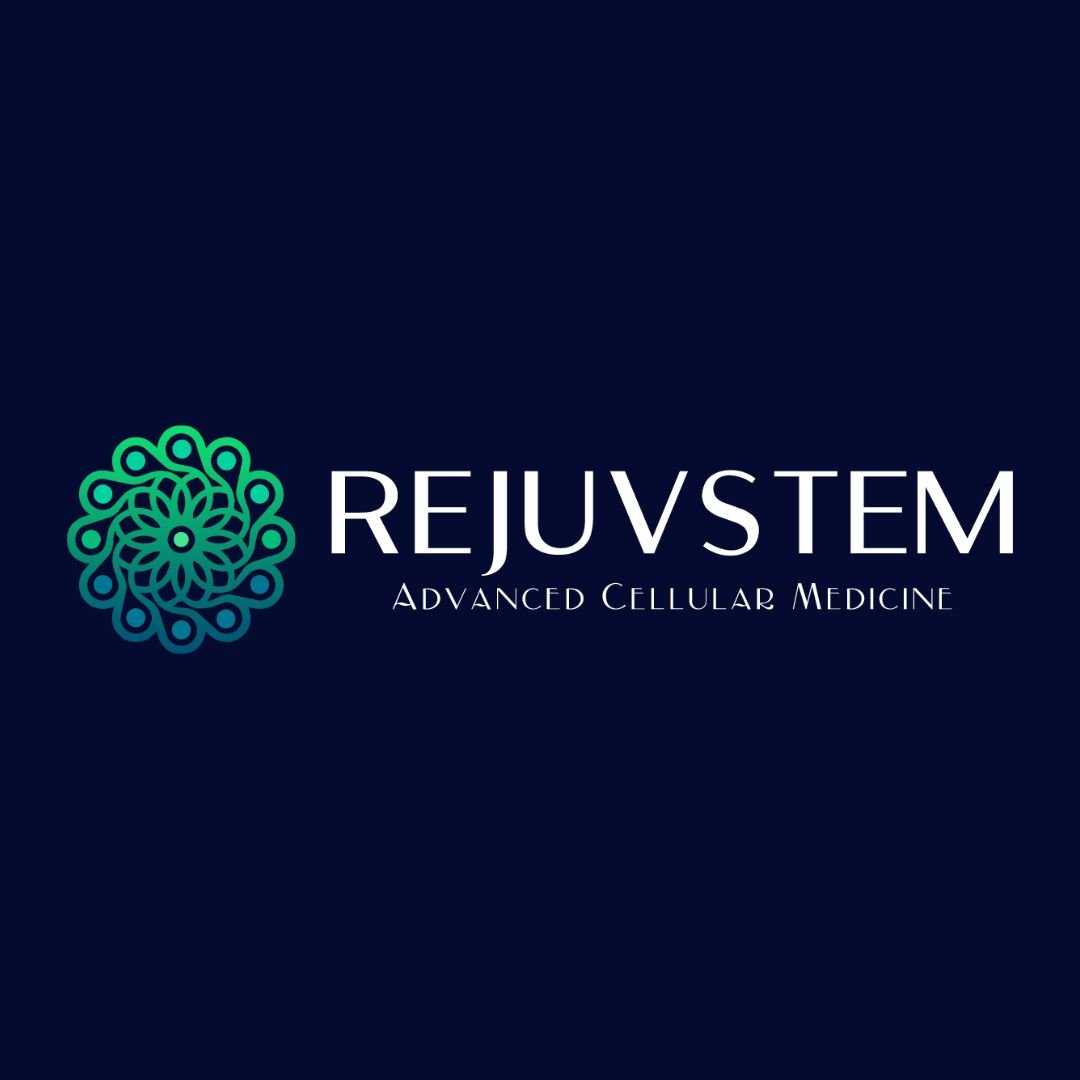
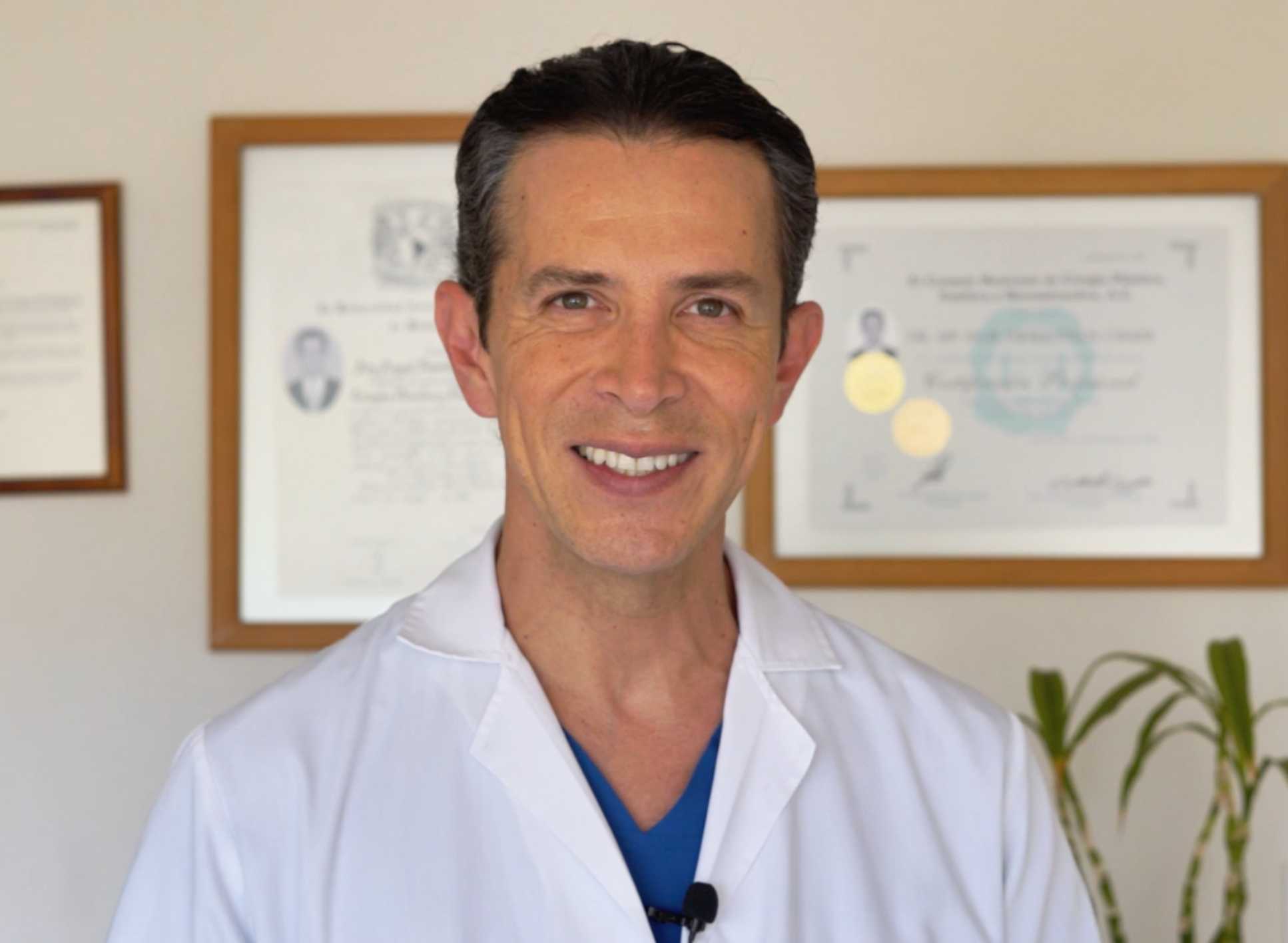
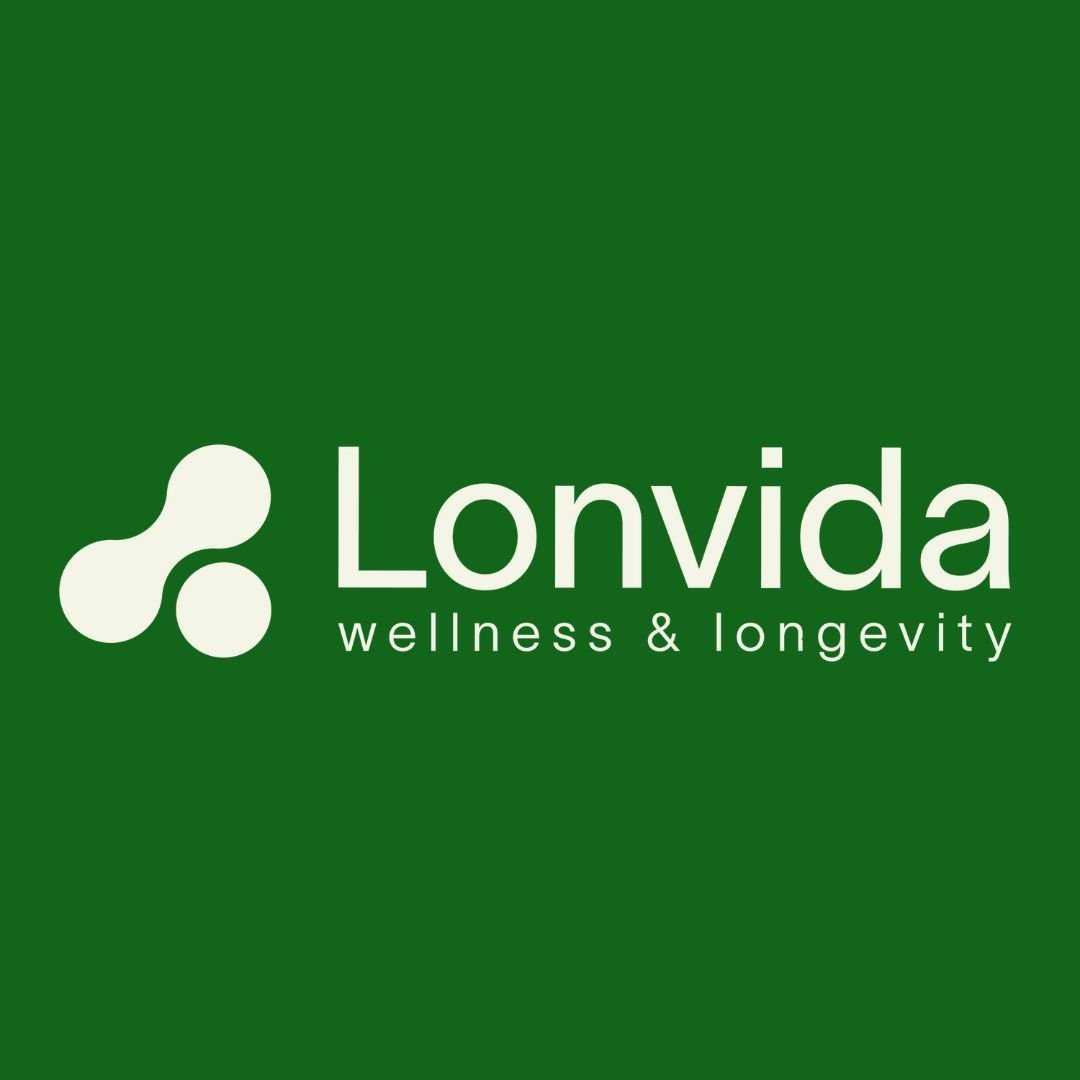

Share this listing